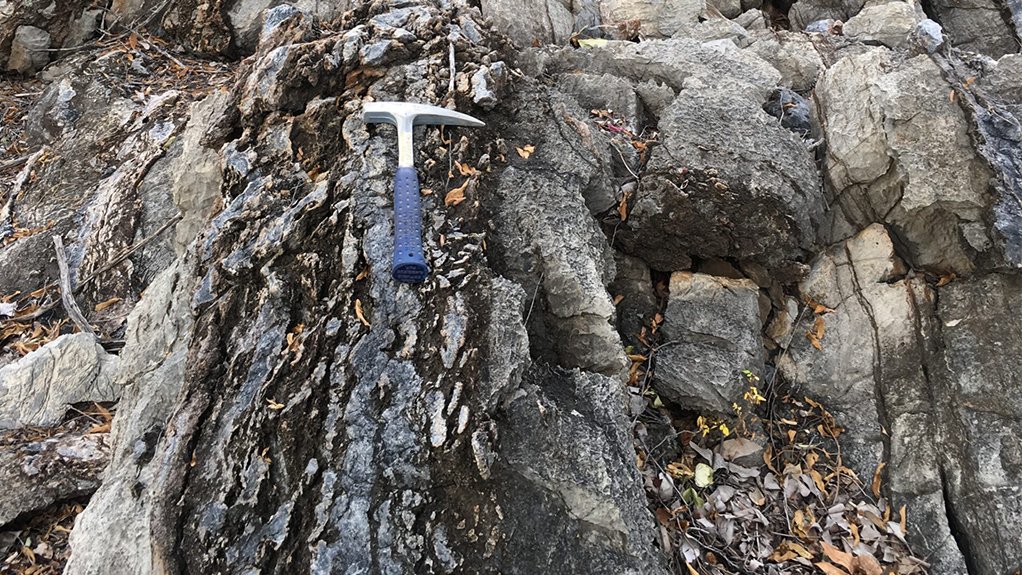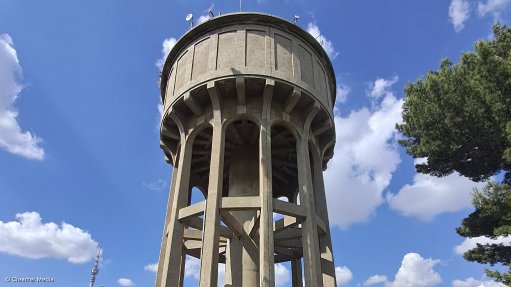Dialogue proffers suggestions to bolster Africa’s critical minerals positioning
Leading up to the G20 Summit being hosted in South Africa this month, the UN Development Programme, the African Union and the Open Society Foundations hosted a high-level, multi-stakeholder dialogue 'Turning Mineral Wealth into Negotiating Power: Africa and Critical Minerals Supply Chains', in Sandton on November 13.
It brought together senior policymakers, regional institutions, development partners and thought leaders to reflect on Africa’s strategic positing within global critical mineral supply chains and to advance a shared vision for value addition, beneficiation and sustainable development.
The dialogue sought to capitalise on the G20 platform in South Africa to build a common narrative on critical minerals for Africa and to solidify a global Africa agenda that ensured the continent leveraged its mineral endowments for economic development and prosperity.
Some of the key themes and suggestions that emerged from myriad speakers included that Africa should also guard itself against the emerging phenomenon of “transactional politics” around critical minerals, where small States are isolated and negotiated with until they cede to more powerful entities.
As such, the G20 presents an opportunity for the continent to regroup and strengthen its bargaining power, rather than undertaking discussions on a per-country basis.
Structural transformation as a condition for economic development was also underscored, with proceeds from minerals needing to be used to address the triple challenge of unemployment, poverty and inequality.
The need to ensure a more sustainable system was also emphasised. It was indicated that in the global rush for “green minerals” needed to power a decarbonised economy, companies must commit to proper environmental, social and governance standards, while civil rights organisations must collaborate with progressive government to promote ethical extraction of resources that benefited the communities that held them.
The continent should also learn from past lessons where its resources were exploited by foreign powers.
There is also a need to shift the narrative that Africa can only provide the raw critical minerals, as it does not have the capacity for manufacturing – rather, this is an opportunity to start and increase.
The opportunity for Africa to industrialise, in a structured manner, was emphasised.
Industrialisation would require regional integration, it was noted. Countries should work together to industrialise, as this would provide the required economies of scale.
The continent was said to be losing out on much of the value of its resources, with considerable financial benefits possible from semi-manufactured and manufactured products, compared to the raw materials. Moreover, implementing the value chains for the former would create jobs.
However, there is a need to think critically about value chains. This should not be binary, and focused only on end products, as these are not always feasible.
Rather, a holistic, broad strategy that capitalises on the opportunities for each mineral and country, and is cognisant of the infrastructure and finance challenges, should be pursued.
Countries should also use their supply advantage to make conditions for local beneficiation and manufacturing.
Moreover, local demand for products also needs to be bolstered.
The need for global South-South solidarity was also mentioned.
Speakers underlined the need for collaboration, coordination and building a unifying stance for the continent to leverage its resources for prosperity.
The need for strong political will was underscored, to capitalise on the good regional policies and infrastructure that are already in place.
Some actionable goals included starting with onboarding amenable political leaders to a joint industrial policy, who would then draw in other countries gradually – as it would not be feasible for all 54 countries to be brought in at once.
Article Enquiry
Email Article
Save Article
Feedback
To advertise email advertising@creamermedia.co.za or click here
Announcements
What's On
Subscribe to improve your user experience...
Option 1 (equivalent of R125 a month):
Receive a weekly copy of Creamer Media's Engineering News & Mining Weekly magazine
(print copy for those in South Africa and e-magazine for those outside of South Africa)
Receive daily email newsletters
Access to full search results
Access archive of magazine back copies
Access to Projects in Progress
Access to ONE Research Report of your choice in PDF format
Option 2 (equivalent of R375 a month):
All benefits from Option 1
PLUS
Access to Creamer Media's Research Channel Africa for ALL Research Reports, in PDF format, on various industrial and mining sectors
including Electricity; Water; Energy Transition; Hydrogen; Roads, Rail and Ports; Coal; Gold; Platinum; Battery Metals; etc.
Already a subscriber?
Forgotten your password?
Receive weekly copy of Creamer Media's Engineering News & Mining Weekly magazine (print copy for those in South Africa and e-magazine for those outside of South Africa)
➕
Recieve daily email newsletters
➕
Access to full search results
➕
Access archive of magazine back copies
➕
Access to Projects in Progress
➕
Access to ONE Research Report of your choice in PDF format
RESEARCH CHANNEL AFRICA
R4500 (equivalent of R375 a month)
SUBSCRIBEAll benefits from Option 1
➕
Access to Creamer Media's Research Channel Africa for ALL Research Reports on various industrial and mining sectors, in PDF format, including on:
Electricity
➕
Water
➕
Energy Transition
➕
Hydrogen
➕
Roads, Rail and Ports
➕
Coal
➕
Gold
➕
Platinum
➕
Battery Metals
➕
etc.
Receive all benefits from Option 1 or Option 2 delivered to numerous people at your company
➕
Multiple User names and Passwords for simultaneous log-ins
➕
Intranet integration access to all in your organisation





















